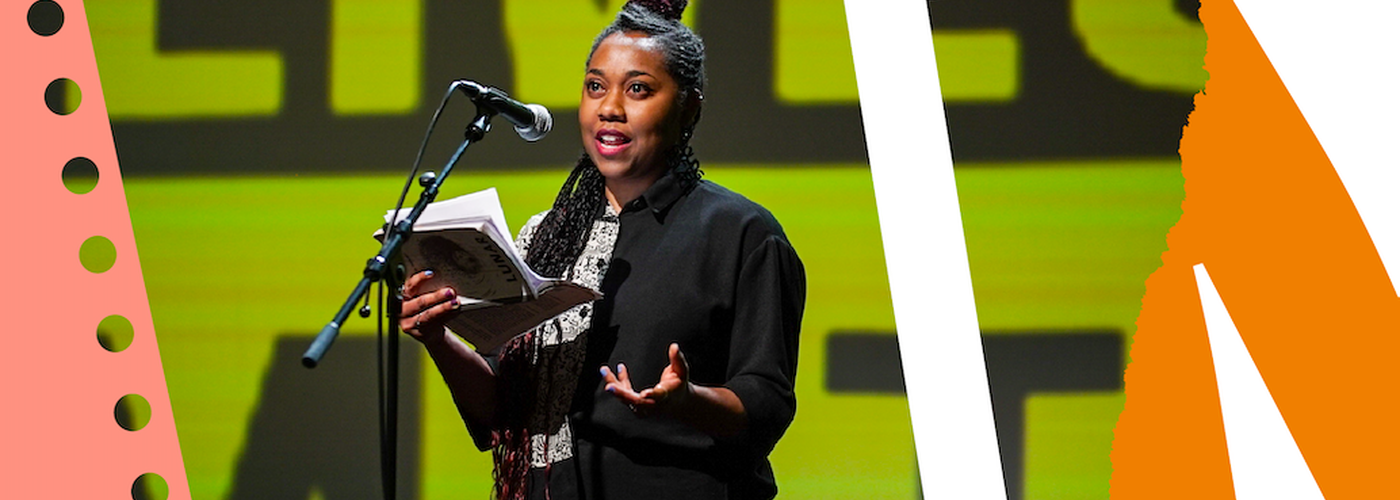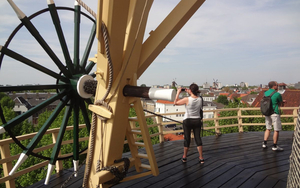“We want a city that celebrates its diverse voices and where literary activity changes lives”
As we reported in January, 2020 was due to be a major literary year for Manchester…but COVID-19 had other ideas. Countless events were cancelled, from Words Weekend’s North West debut to Carcanet’s anniversary exhibition, and Northern Quarter institution Magma announced it will close in March following 18 years of business.
While many fellow bookshops have managed to battle through, offering everything from lockdown deliveries to podcast launches and new subscriptions, it’s likely Magma isn’t Manchester’s only loss: travel icon Stanfords has been forced to crowdfund for its survival, casting serious doubt on its planned new branch up North.
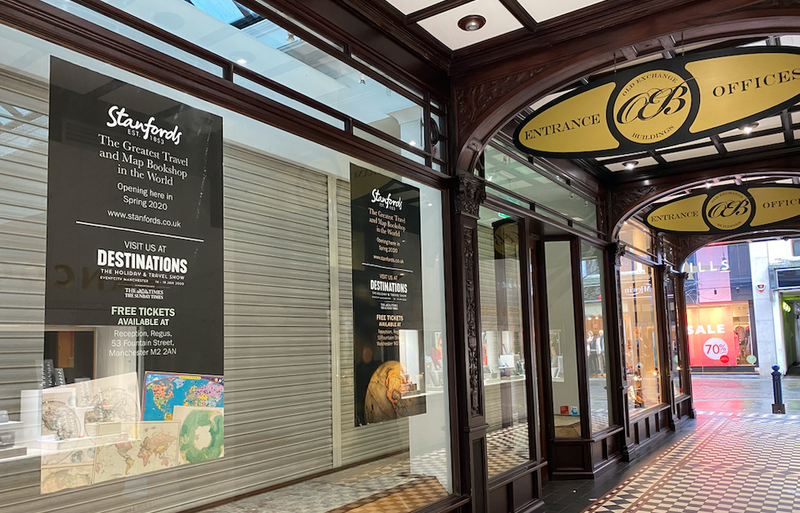
So far, not so good. But fortunately some things have gone to plan - and that includes the fledging of Manchester City of Literature into a fully-formed celebration of the city’s literary talent.
Manchester was permanently designated a UNESCO City of Literature in 2017 following a successful bid by the City Council, its two universities and Manchester Literature Festival; as well as partners such as Carcanet Press, The Portico Library and Elizabeth Gaskell’s House. The prestigious title, part of the Creative Cities network, recognises the city’s commitment to supporting literature and involving as many Mancunians as possible in the opportunities afforded by its rich literary past and thriving present.
After months of planning, this year saw Manchester City of Literature announce its full team and today (Monday 7th December) unveil a new website that will act as a central hub for literary happenings - adding new versatility to previous iterations like A City Connects, which was launched during lockdown.
Ivan Wadeson, Manchester City of Literature’s executive director, said: “We’re a city that boasts four historic libraries in its centre, 24 public libraries, hundreds of literature events, two writing schools, more than a dozen regular spoken word nights - I could go on! If you live in Manchester, you know it’s bursting at the seams with creativity. It’s our job to make sure that news of what we have to offer is spread far and wide.”
He added that, in a city where more than 200 languages are spoken, a priority is ensuring that people from all backgrounds have the opportunity to tell their stories.
“We want a city that celebrates its diverse voices, where creative talent and industries are nurtured and where literary activity changes lives. We’re going to do this by bringing together all our partners and the writing community to work with local communities very closely; to build wellbeing, confidence and skills to enable them to tell their stories and share them.”
Zahid Hussain, chair of Manchester City of Literature, added: “The new website is really going to provide a meeting place for both Manchester’s resident creatives and for those from all around the globe who are curious about what our world leading city has to offer. We want to make clear that as much as we love libraries and books, that isn’t just what literature is about. The website, just like literature itself, is for anyone and everyone. We believe that whoever you are, there will be something for you on it.”
The easy-to-navigate site is populated with all the latest information about events and activities, plus resources like writing packs for young children and wellbeing. It also details Manchester City of Literature’s own projects, including the planned Festival of Libraries and International Mother Language Day.
On Manchester’s UNESCO designation, GM Mayor Andy Burnham said: “Our creativity in this city knows no bounds, and the thriving literature scene is something we should all be proud of.
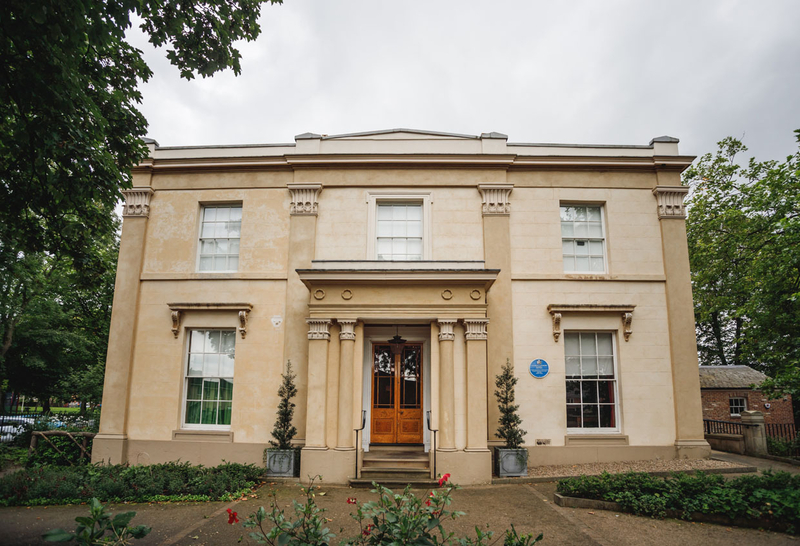
“Manchester has a strong literary heritage seen to this day in our historic libraries, long-standing universities and celebrated heritage buildings such as Elizabeth Gaskell's House, but we also have an eclectic and diverse contemporary literature scene in our spoken word events, indie publishers and award-winning theatres.
“Literature is for us all: it's in the ways we speak to each other every day, in how we teach our kids at home, in stories we see ourselves in. Diversity of language and freedom of speech are part of Manchester's radical cultural identity and I'm so proud to see Manchester literature recognised on this global stage.”
Find the new Manchester City of Literature website here.
And there’s more…
The revamped City of Literature isn’t the only exciting literary development 2020 has brought Greater Manchester, despite the havoc wreaked by COVID-19.
Man United footballer and activist Marcus Rashford announced a new book club - one of several new initiatives to promote children’s reading and publishing that span Children’s Books North to Read Manchester’s Metrolink-inspired map - while a new online book platform arrived on the scene, primed to champion independents (including several in Manchester) and take the wind out of Amazon’s sizeable sails.
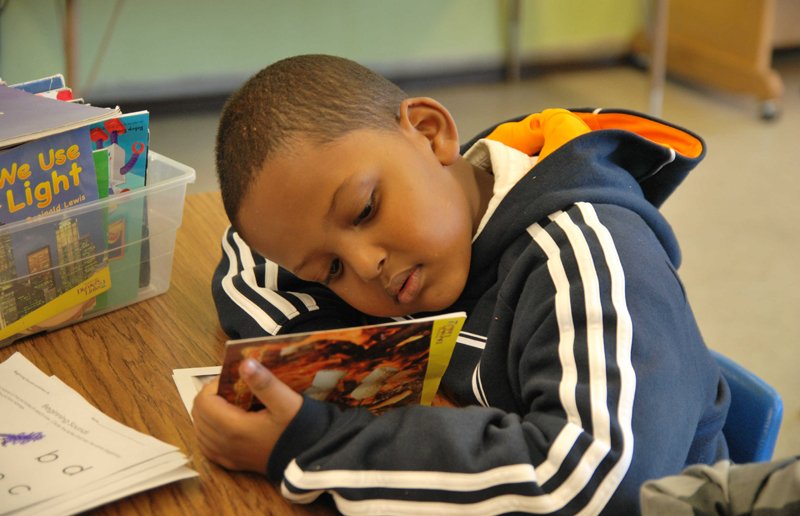
Elsewhere, the New Words project sees new books from five of the region’s independent publishing houses housed in North West libraries, and northern talent is being celebrated with everything from podcasts like Up North Books to a plethora of projects from Northern Fiction Alliance members.
Talking of northern talent, this year also saw Manchester welcome its very first ‘Big 5’ publisher in the form of HarperNorth - an offshoot of HarperCollins. A vital antidote to the London centricity of UK publishing, Harper North sets a major precedent and, as well as supporting aspiring publishers into the industry, is actively seeking writers’ submissions. Have a tale you want to tell? Now’s your chance…
With next year promising further developments like MMU’s landmark poetry library, there’s no doubt Manchester’s literary story has many more chapters to come.





